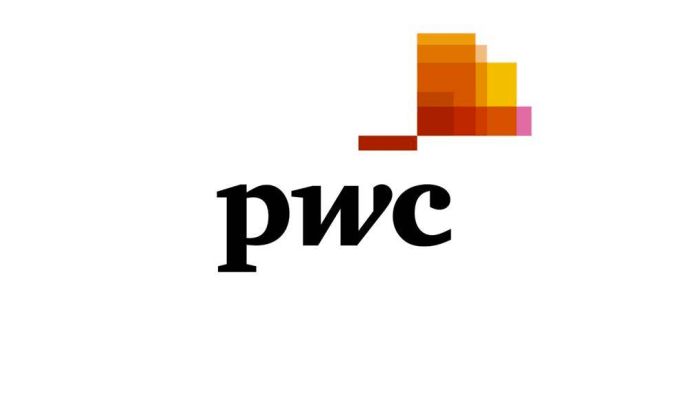Retail investors will provide the biggest surge in ETF demand in Europe over the next two to three years as issuers look to unlock areas of untapped growth, according to a survey by PwC.
The report titled ETFs 2027: A world of new possibilities, which interviewed 70 executives globally, found 57% saw significant demand from individual investors in Europe with a further 33% citing moderate demand.
Retail investors are expected to help triple ETF assets under management in Europe from $1.3trn to $3trn by 2027, according to PwC.
The findings show ETF issuers in Europe, a region still heavily dominated by institutional investors, are focusing on areas such as brand awareness, online platforms and investor education in a bid to attract more retail investors.
Last year, the survey found online platforms are set to be the biggest demand driver for ETFs in Europe due to a hangover of the pandemic and the wrapper’s suitability for investing on platforms.
Retail investor uptake of ETFs differs dramatically across Europe, with Germany leading the way via its self-directed investors and ETF savings plans.
BlackRock, which partnered with pan-European digital wealth platform Bux in January, has predicted the number of investors in Germany with a plan to hit 20 million by 2026.
Investment volume invested into ETFs by retail investors is expected to quadruple to around €350bn by the same year, the asset manager said.
Italy is also experiencing strong retail demand, with ETFs distributed via online platforms gaining traction driven by expensive alternatives. Traditionally, up to 70% of the management fees pay for fund distribution in Italy, according to PwC.
“The digitisation of ETF distribution can lower costs, improve accessibility and attract new investors,” Marie Coady (pictured), global ETF leader at PwC, said.
“To realise the potential of the retail market, it will be important to raise investor awareness and understanding. Respondents see lack of ETF education as one of the two biggest challenges they face alongside increased regulation.”
One of the regulatory barriers highlighted by respondents was inducements – also known as retrocession fees – which the European Union has signalled its intention to remove.
“The EU's proposed removal of fund sale commissions could impact the European distribution landscape, increasing opportunities of growth for low-cost products such as ETFs,” Coady added.
“However, the overall impact of such proposals will need holistic consideration. It still remains to be seen if an absolute ban on fund sale commissions will pass the approval stage by the EU parliament.”
Elsewhere, respondents also said ETF model portfolios will be a significant area of growth in Europe over the next three years despite regulatory headwinds in the space.
“In Europe, as in other regions, the other key source of business is model portfolios. These offer the benefits of diversification and customisation in line with risk appetites and defined goals,” Coady said.
“However, the growth of ETF model portfolios is attracting attention from regulators who are looking into fees, controls, disclosures and the use of algorithms.”
Furthermore, digital asset exchange-traded products (ETPs) were earmarked as one of the biggest growth areas for the wrapper, with 60% citing significant demand in the area.




